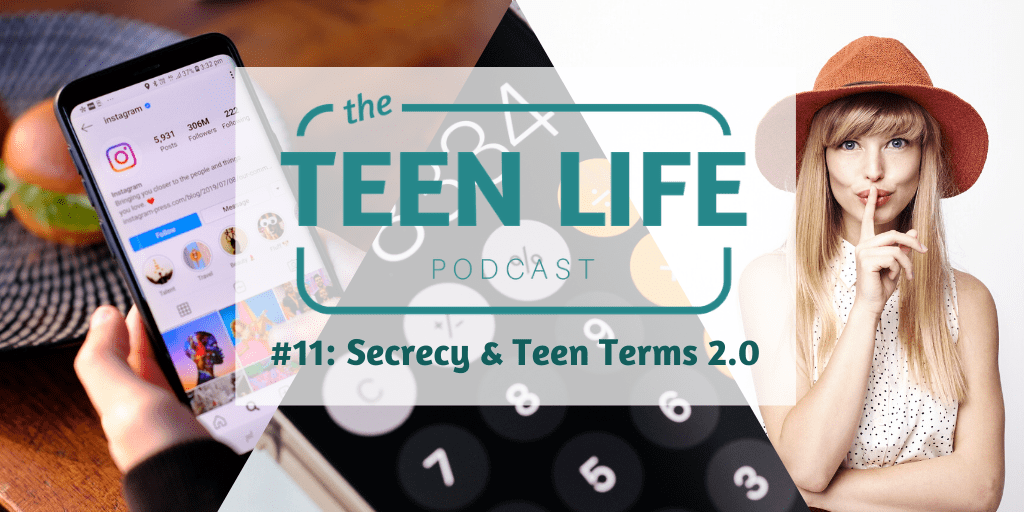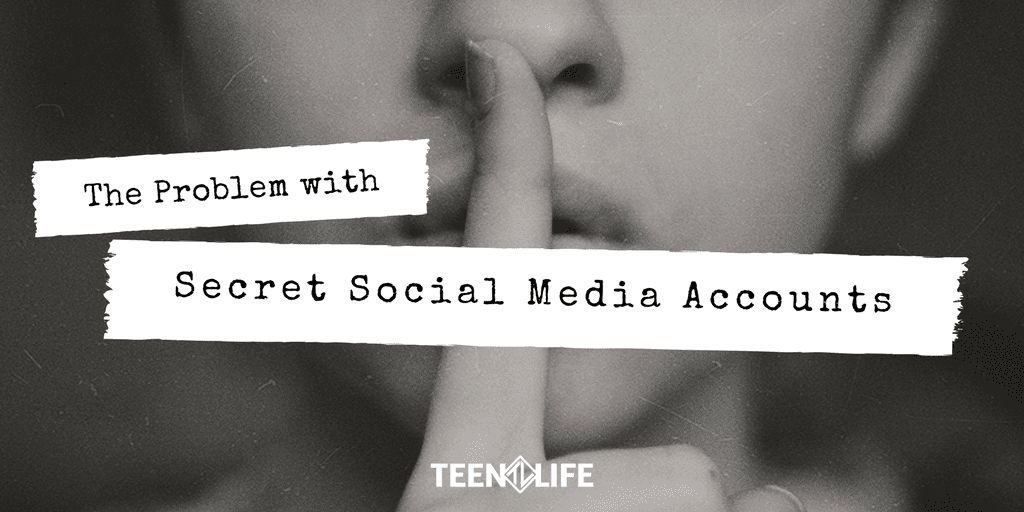
Ep. 11: Secrecy & Teen Terms 2.0
Podcast: Play in new window | Download
How do you know when your teen is keeping secrets?
Chris and Karlie talk teen secrecy, where to look for hidden apps, and more teen terms you need to learn right now. This episode is full of info and tips you’ll be glad to know.
Teen Life Summit sessions are no longer available.
In this episode, we mentioned the following resources:
- Medium.com: The Finsta is Dead
- SmartSocial.com: Find Hidden Apps on Teen Phones
- Urban Dictionary
- Send term ideas to podcast@teenlife.ngo
- Podcast Music: Luke Cabrera
Teen terms to note:
- Slaps: tastes good
- Bussin: really good, or sexy
- Drip: outfit or clothes
- Sus: suspect, suspicious, shady
- Sheeeesh: based on tone, could mean excited or when you don’t want to do something. or for no reason and they say it back and forth
- Noob: someone who doesn’t know what they’re doing, is bad at something, or is a newbie
- Flex: to show off
- Simp/Simpin: someone who is whipped or puts their girl before their friends
Have a question?
If you have a question about something you heard or just want to give us some feedback, please leave us a comment below. We would love to hear from you!

Karlie Duke
Communications Director

Chris Robey
Former CEO
Karlie Duke | Director of Communications
Karlie has always had a heart for teenagers. Through her role at Teen Life, she loves to showcase the amazing stories coming out of Support Groups, but she is especially passionate about helping adults and teenagers find connection. Karlie has a BS in Communications with a minor in Family Studies from Abilene Christian University.
Chris Robey | Former CEO
Chris has spent most of his career empowering teenagers from all backgrounds. As the former leader of Teen Life, he is passionate about helping students make good choices while also giving adults the tools they need to communicate more effectively with teens. Chris is a graduate of Midwestern State University and holds a Master’s Degree in Family Life Education from Lubbock Christian University.









